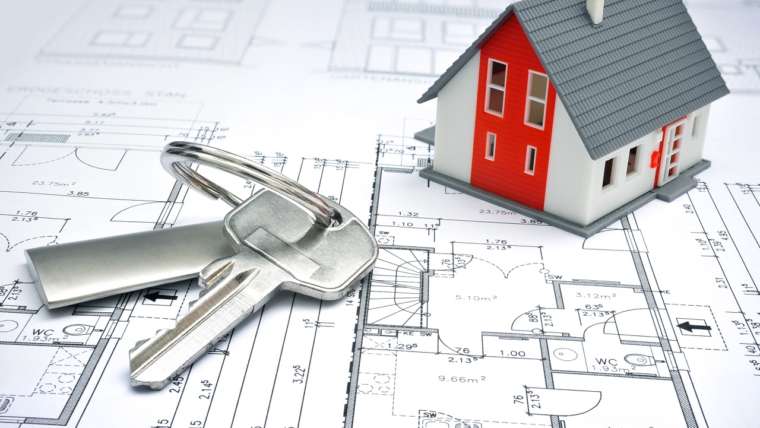Mortgages in case of divorce
Disagreements between couples are increasing dramatically. Divorce cases have increased in Spain to figures not seen in recent years. According to the Spanish National Institute of Statistics, this year the number of marital breakups amounted to 90,582 between annulment, separation and divorce.
The aforementioned figures are not only centered on the capital city, but are spread throughout all Spanish communities. The substantial problem, from the legal point of view, is not a simple breakup due to incompatibility of the spouses’ characters. The mess is greater when there are assets of the marital community and an outstanding mortgage to be paid.
Who pays off the mortgage in a divorce?
The general rule in mortgage matters in divorce cases is that the former spouses will continue with the obligation to pay the installments. This action must be carried out before the respective bank as it has been done in the past. The banking institution is empowered to require compliance from both holders.
It should be noted that debtors who subscribed the loan and still own the home will maintain their obligations. This responsibility subsists whether they are married or divorced. In any case, those who made the commitment are required by law to cancel.
However, it is pertinent to make a series of preliminary considerations to determine whether this payment obligation can be assumed by only one of the spouses. In this regard, it is necessary to point out the following:

Mortgage with two holders
When the mortgage has been formed by the couple, they will be able to agree in the partition which of them will assume the obligation in its entirety. Accordingly, you will be responsible for the monthly payments and at the end of the commitment require the release of the mortgage.
On the other hand, and for strictly banking purposes, the pertinent modifications will be made to the contract, beginning with the substitution of one of the contracting parties. The bank will require a guarantee from the obligor to ensure his or her ability to pay and will also demand a commission and an appraisal of the property.
2. Mortgage with a single holder
If the property is in the name of only one of the spouses, the matrimonial regime and the use to be made of the property must be followed. If separation of property is chosen, the house will belong to whoever bought it and is still paying for it. If you opt for a community of property, the situation is different.
In this case, the mortgage will be in the name of the owner as long as it is the owner’s habitual residence, regardless of its use. For this reason, it may be the case that the payment commitment is assumed by someone who does not use the property.
3. Mortgage with divorce and children
If this situation occurs, everything changes completely because the children of the couple come into play according to who assumes custody. The use of the property and the mortgage will be legally affected. As a general rule of law, minor children will stay in the home with the custodial parent.
For this reason, it is necessary to point out that the respective payment of the monthly mortgage payments will be made by the owner, whether or not the owner lives in the property.
4. Other possible alternatives
If the former spouses prefer, they may request the competent court to decide to whom the property and the obligation to pay the mortgage shall correspond. They may also be inclined to a mutual mediation in which the sale of the property and the subsequent cancellation of the mortgage are established.


